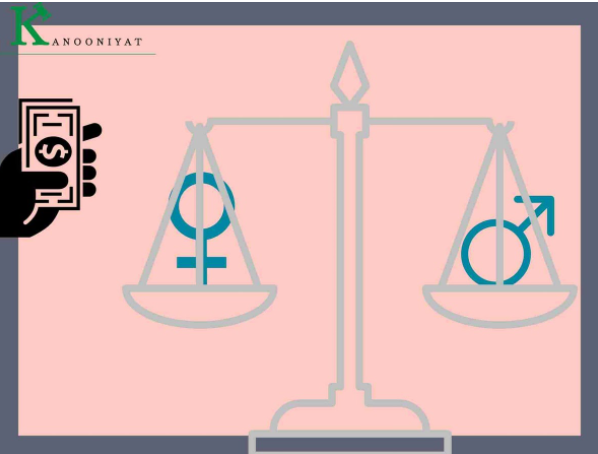Women Property Rights in India
Avni Gupta writes about the laws that pertain to women’s rights to inherit their familial property. Amidst our challenging confrontation with COVID-19 during the year 2020, there was a ray of hope India’s Supreme Court strengthened Hindu women’s rights of property inheritance. In the judgment, they have recognized women property rights in a family that was once subject to varying interpretations. The Supreme Court has abolished any interpretations that could be made over a clause existing in the Hindu Succession Act (HSA), 1956.
The Hindu Succession Act, 1956, governed succession and inheritance of property – recognizing males as the only legal heirs. In a Hindu United Family, it is possible for multiple joint legal heirs to exist – but in accordance with this Act, only male descendants held eights over family property. The Act applies to cases that lack a will. Everyone except Muslim, Christian, Parsi, or Jew was considered under the law. These communities are however included in the Indian Succession Act, 1925.

Law Amendments
Post serious backlash, the Parliament set forth an amendment (2005) to the 1956 law which now considered women to share inheritance by birth “in her own right in the same manner as the son”. This aided in removing any form of discrimination against women when it came to ownership and sharing family property. Both, the son and the daughter now possessed equal rights to their father’s property.
Prior to this amendment on a nationwide level, some southern states of India had taken an initiative to change the law. Kerala abolished the Hindu Joint Family system way back in 1975 and other states like Andhra Pradesh, Karnataka, Maharashtra, and Tamil Nadu followed and made certain changes.
The Evolution of Laws
This was however misinterpreted in the case of being non-applicable to women whose father weren’t alive in 2005, at the time of the amendment. Only those daughters were provided an equal right whose fathers were alive when the amendment came into force in September 2005 – according to Section 6 of the Hindu Succession Act. Numerous conflicting views on the issue were put forward for the Indian judiciary courts to examine. Therefore, another announcement by the court set all things straight – the rulings stated that a coparcener’s legal rights flow since being born in the family. Whether alive or dead, it was no more a matter of judgment relating to inheritance. It was clearly declared that women hold equal rights to property even if they were born prior to the 2005 amendment. If a situation of woman’s death is faced, her share must be passed on to her children equally.
In the years 2016 and 2018, few conflicting rulings were presented by the court due to varying interpretations of the Act. On 11 August 2020, the Supreme Court of India finally bolstered Hindu women’s right to be an equal joint legal heir to inherit ancestral property. The law allows a daughter to have the same rights and liabilities in the coparcenary property as it would have happened if she were a son. Justice Arun Kumar Mishra, the head of a three-judge bench, commented while the declaration “Once a daughter, always a daughter; son is a son till he is married.” The bench also pronounced “The daughters cannot be deprived of their right of equality conferred upon them by Section 6. Hence, we request that the pending matters be decided, as far as possible, within six months.”

Impacts of the Amendment
The law is applicable to ancestral property and redesigns succession in a way that it happens as per law, rather than through a general idea of a will. The judgment made by the Supreme Court finally put an end to male primacy in sharing of ancestral property in Hindu families. It brings discrimination on the ground of gender and oppression to cessation. Equal rights to property play a key role in ensuring the equality of women and men as well as empowering them. Furthermore, it makes the face of gender justice much sincere for women. All in all, it brings about the fundamental human right to equality guaranteed by our Constitution and the United Nations.
Author

